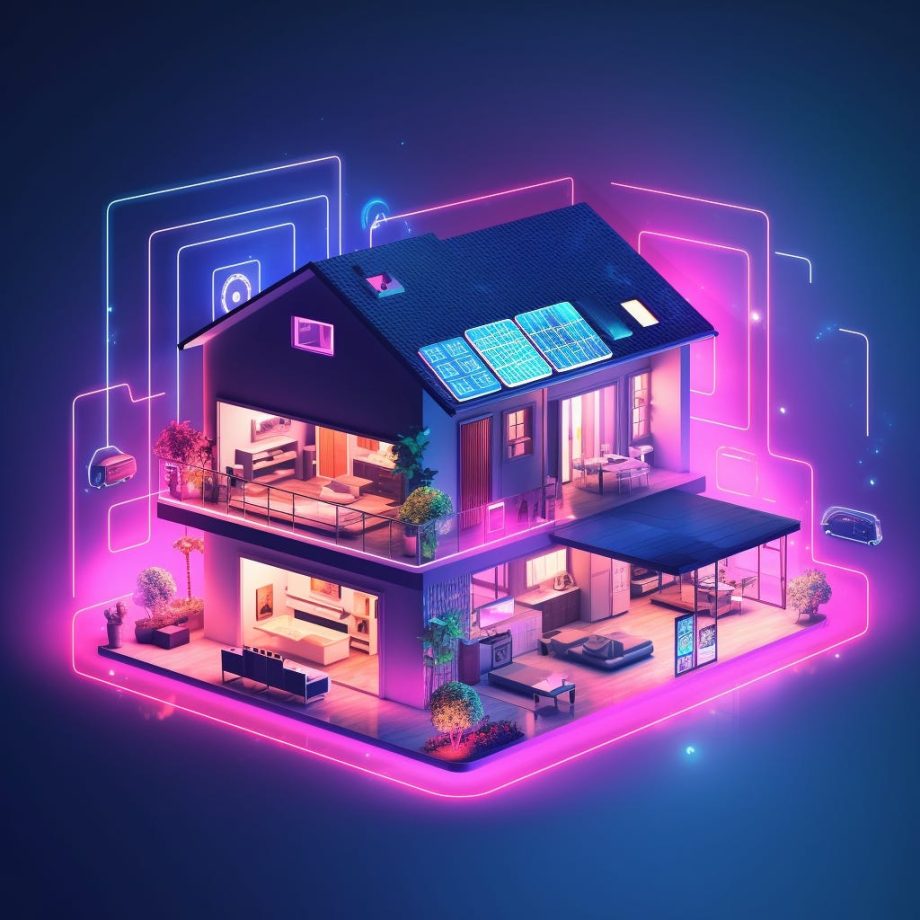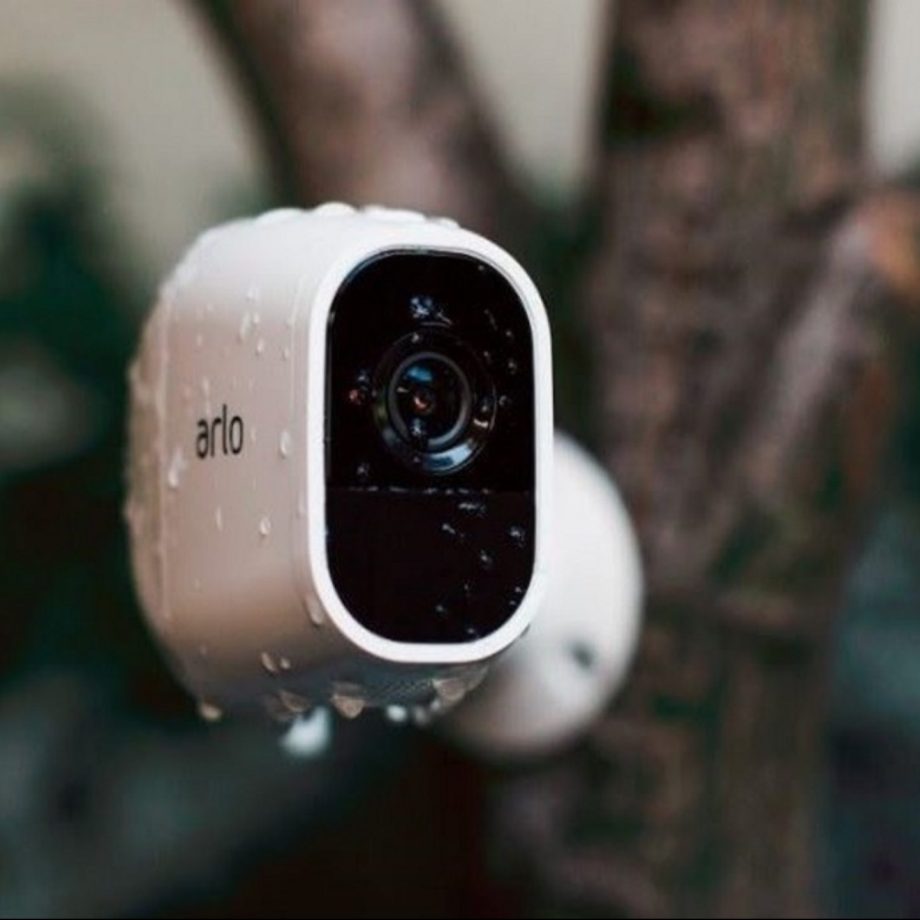The Smarter your Home Gets, the Less money you spend!
Smart Energy Management Systems
One of the major benefits of smart homes is the ability to monitor and control energy usage. With smart energy management systems, you can track how much electricity each device is using and make informed decisions on when to run appliances or adjust heating and cooling.
Home Automation for Efficiency
Home automation allows devices to work together efficiently. For example, a smart thermostat can communicate with your smart blinds, adjusting them based on sunlight to maintain your desired temperature without excessive heating or cooling.
Saving on Energy Bills with Smart Thermostats
How Smart Thermostats Work
Smart thermostats use sensors, Wi-Fi, and algorithms to learn your habits and preferences. They adjust your home’s temperature automatically based on your routine, ensuring you’re not wasting energy when no one is home.
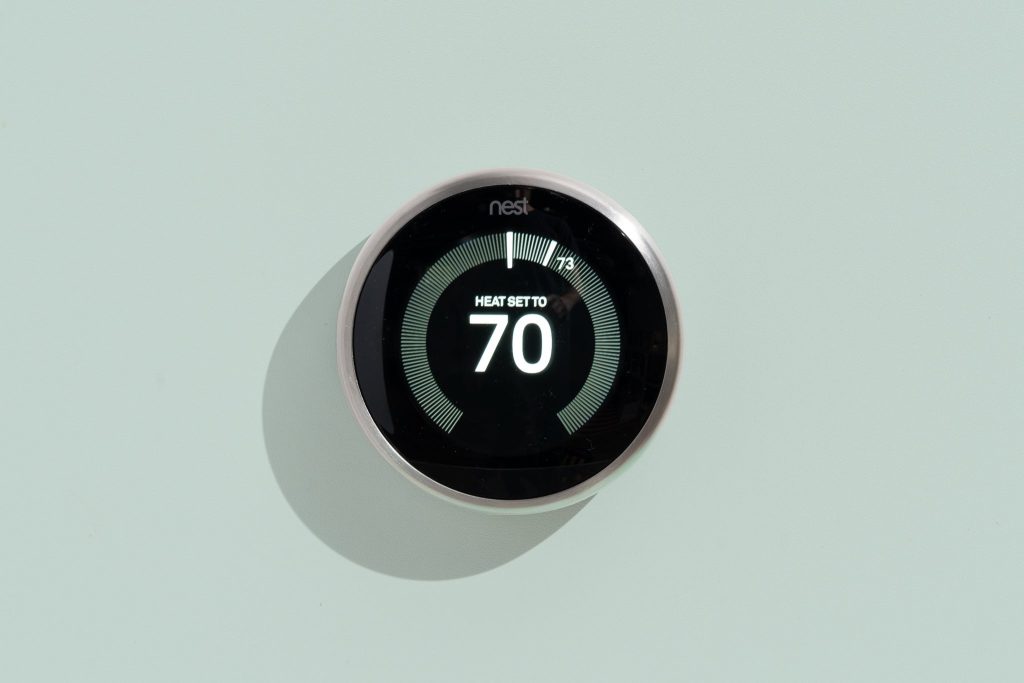
Real-time Energy Monitoring
These thermostats also provide real-time data on energy usage, helping you identify patterns that lead to higher bills and make adjustments accordingly.
Customizable Temperature Settings
With customizable schedules, you can set the temperature to lower during the night or while you’re at work and have it back to a comfortable level just before you return home.
Reducing Water Usage with Smart Irrigation Systems
Optimized Watering Schedules
Smart irrigation systems can be a huge money-saver for homeowners with large lawns or gardens. These systems use weather forecasts and soil data to optimize watering schedules, ensuring your lawn only gets the water it needs, which saves money on water bills.
Sensors for Soil Moisture
Some systems include sensors that measure the moisture levels in the soil. If the soil is wet enough, the system will skip a scheduled watering, preventing overwatering and unnecessary water usage.
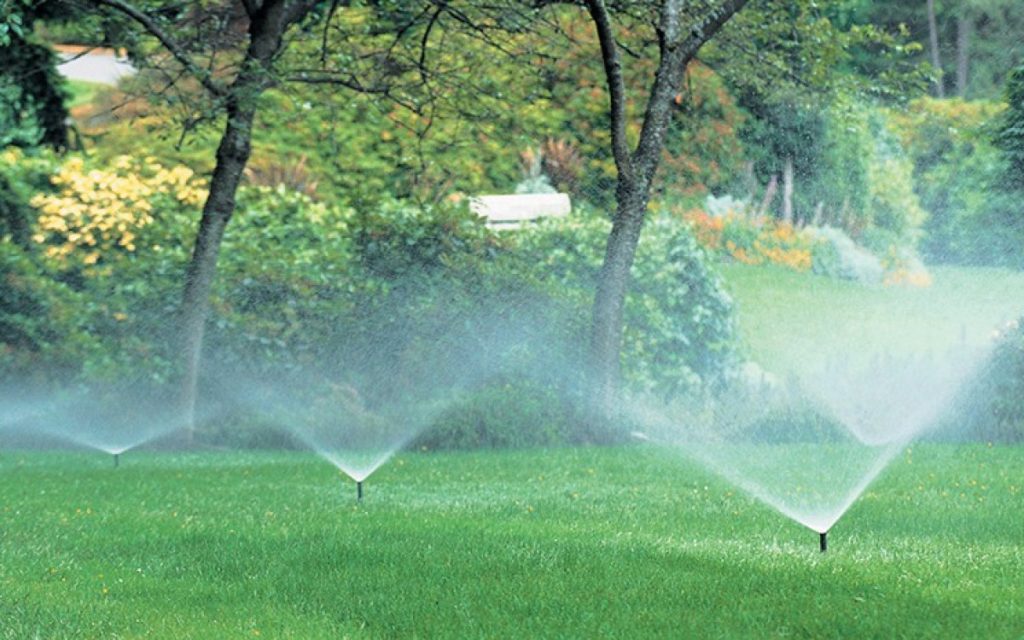
Lowering Electricity Bills with Smart Lighting
LED Lighting and Automation
Smart lighting systems use energy-efficient LED bulbs and can be automated to turn off when not in use. This reduces electricity consumption, and over time, can lower your energy bills significantly. Moreover with Solar LED lights you can have a free everlasting energy source and lessen your costs.
in YOHO shop we have provided tested solar lights. click here!
Motion-Activated Lighting Systems
Motion sensors can be used to automate lights, ensuring that rooms are only lit when someone is present, and turning them off when they’re empty. This simple change can lead to noticeable savings on your electricity bill.
Enhancing Security Without High Costs
Affordable Home Security Systems
In the past, home security systems were expensive to install and maintain. Today, smart security systems are affordable and easy to install, giving you peace of mind without the high cost.
Smart Doorbells and Cameras
Smart doorbells with cameras allow you to see who’s at your door, even when you’re not home. You can communicate with visitors and monitor activity, adding a layer of security that can deter theft or other issues.
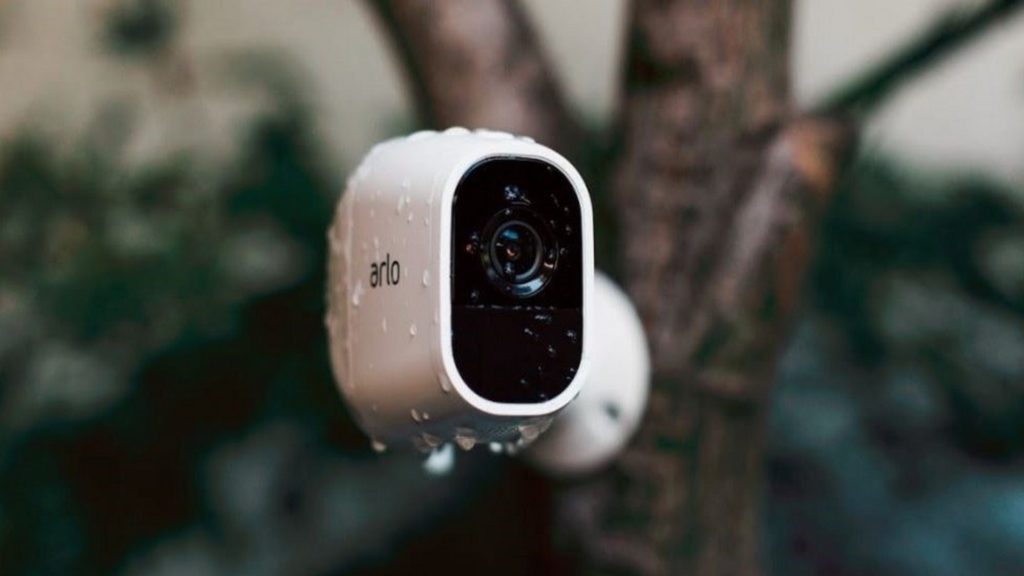
Cutting Grocery Expenses with Smart Refrigerators
Food Expiry Tracking
Smart refrigerators can track the expiration dates of your food and send you notifications before items go bad. This reduces food waste and helps you plan meals around what’s about to expire, saving you money on groceries.
Remote Access and Control
Some smart refrigerators even allow you to check their contents remotely. This feature can be handy when you’re grocery shopping and need to know what you’re running low on.
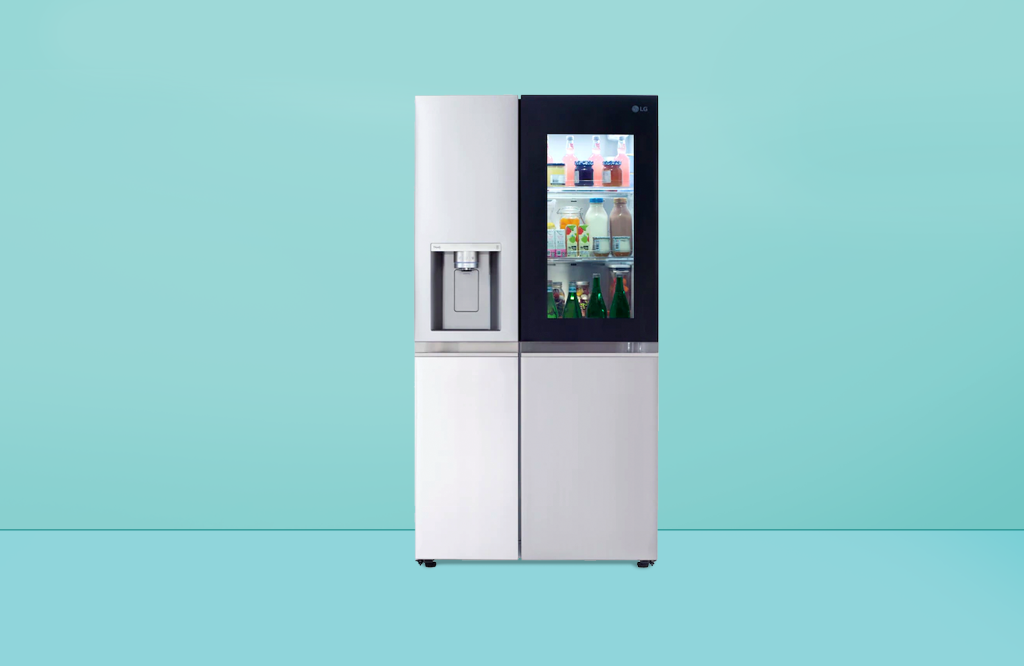
Efficient Home Appliances That Save Money
Smart Washing Machines
Smart washing machines can adjust water and energy usage based on the load size. They also offer remote operation, allowing you to start or schedule laundry cycles when electricity rates are lower.
Energy-efficient Dishwashers
Smart dishwashers use sensors to detect how dirty your dishes are and adjust water and energy use accordingly. These energy-efficient appliances reduce your water and electricity consumption, lowering your utility bills over time.
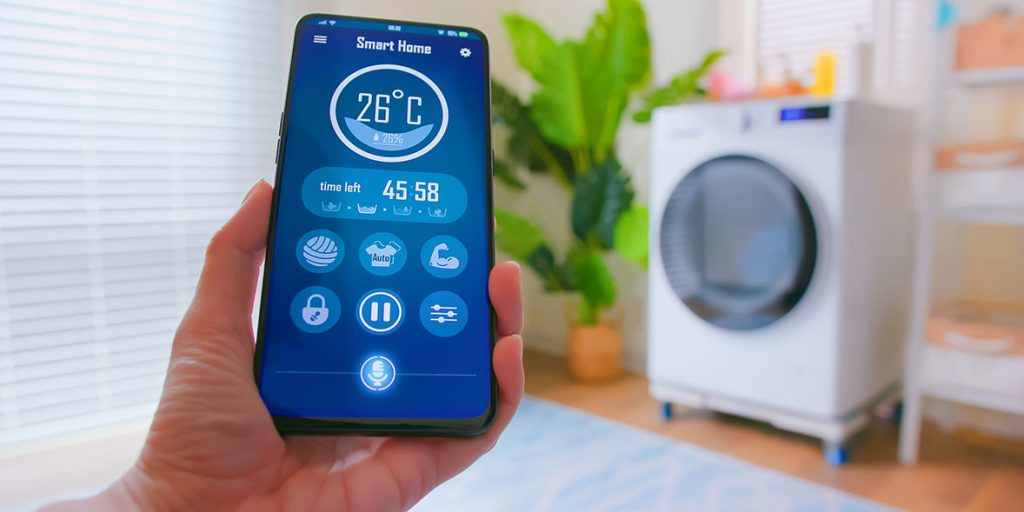
How Smart Plugs and Outlets Save Power
Reducing Standby Power Waste
Many appliances continue to use electricity even when they’re turned off, a phenomenon known as “phantom power.” Smart plugs cut off electricity to these devices when they’re not in use, eliminating this unnecessary drain.
Scheduling Appliance Usage
With smart plugs, you can set schedules for when your appliances should be on or off. For example, you could program your coffee maker to turn on in the morning and automatically switch off afterward.
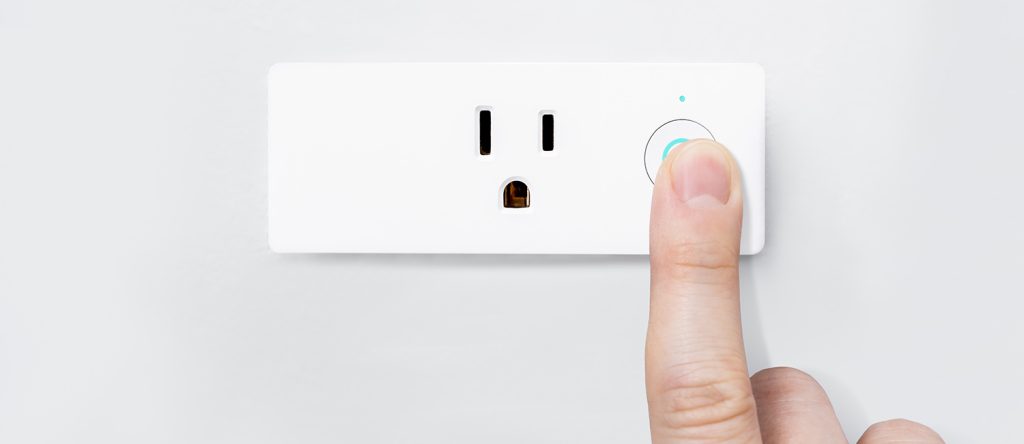
Smart Speakers for Hands-free Control
Centralizing Home Automation
Smart speakers like Amazon Echo or Google Nest serve as the hub for controlling all your smart devices. You can use them to control lights, thermostats, and security systems with just your voice, making it easier to manage energy usage.
Managing Devices with Voice Commands
Simply telling your smart speaker to “turn off all the lights” can save you money by ensuring no lights are left on accidentally. This hands-free control is not just convenient but also efficient.
The Role of AI in Smart Homes
Predictive Maintenance for Appliances
AI-driven smart home systems can predict when your appliances are due for maintenance, helping you address issues before they become expensive problems. This preventative approach saves both time and money.
Learning User Preferences
Over time, smart systems learn your habits and preferences, adjusting energy usage accordingly. This adaptive approach means your home becomes more energy-efficient the longer you use these devices.
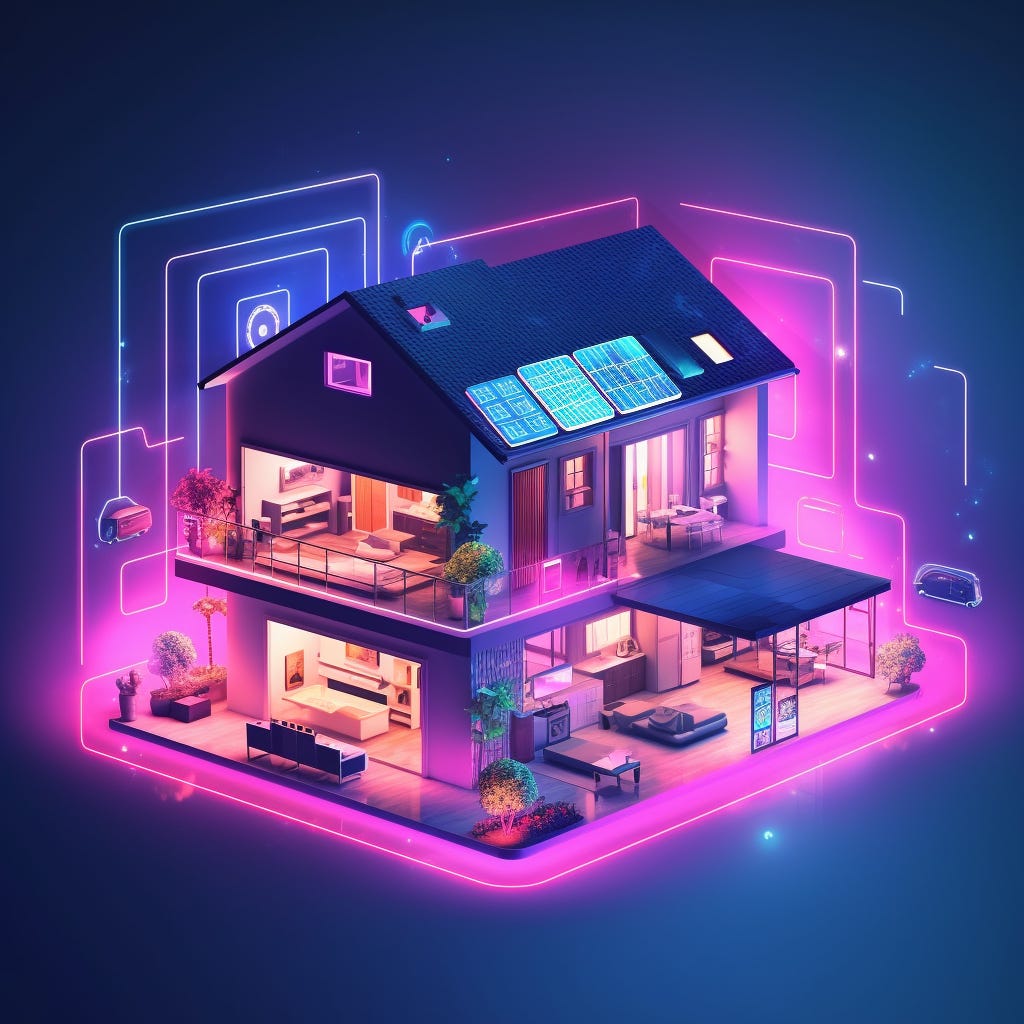
Long-term Savings Through Preventative Maintenance
Smart Sensors for Leak Detection
Smart water leak sensors alert you to leaks before they cause major damage. This early detection can save you thousands of dollars in repair costs.
Monitoring HVAC Systems
Smart sensors can monitor your HVAC system’s performance, alerting you to inefficiencies or problems that need fixing. Regular maintenance keeps your system running efficiently, reducing energy costs.
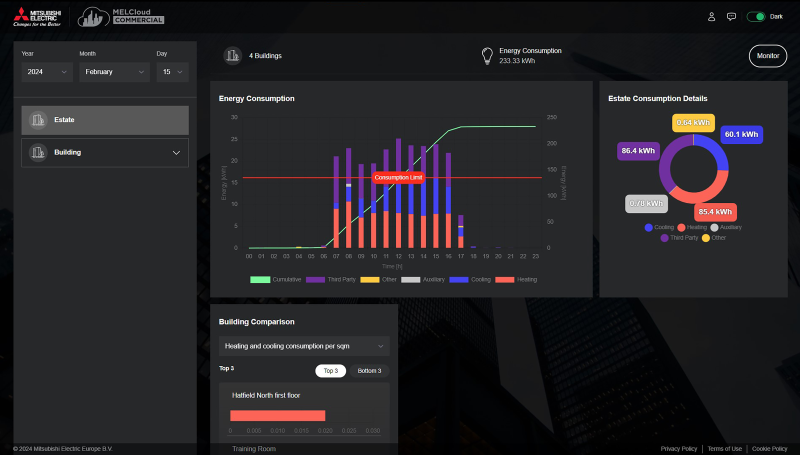
The Cost of Initial Investment vs. Long-term Savings
Upfront Costs of Smart Technology
While smart home technology requires an upfront investment, the savings over time make it a worthwhile expense. From energy bills to repair costs, these systems pay for themselves in the long run.
How Much You Can Save Over Time
The exact savings vary depending on the devices you choose, but studies show that smart home technology can reduce energy bills by 10-30%. Over the years, these savings can add up to thousands of dollars.
Integrating Solar Panels with Smart Home Systems
Solar Panel Efficiency with Smart Technology
Pairing solar panels with smart home systems can further reduce your electricity bills. Smart technology optimizes when and how your home uses solar energy, ensuring maximum efficiency.
Monitoring Solar Energy Production
Smart systems can track your solar panel’s energy production in real-time, allowing you to adjust your usage and maximize savings.
Conclusion
Smart home technology offers a practical way to save money by optimizing energy usage, improving appliance efficiency, and preventing costly repairs. While the initial investment may seem high, the long-term savings are substantial. Whether you’re looking to cut down on utility bills or enhance the security of your home, smart devices offer a solution that pays off in more ways than one.
FAQs
1. How much can smart home technology save annually?
Smart home technology can save you between 10-30% on your energy bills, depending on the devices and systems you use.
2. Are smart home systems hard to install?
Most smart devices are designed for easy installation, and many can be set up without professional help.
3. Can smart home technology increase my home’s value?
Yes, integrating smart technology can increase your home’s value, making it more attractive to potential buyers.
4. What are the best smart devices for beginners?
Smart thermostats, lighting systems, and security cameras are great devices for beginners looking to make their home smarter.
5. Is smart home technology secure?
As long as you follow security best practices, such as using strong passwords and enabling two-factor authentication, smart home technology is generally safe.

